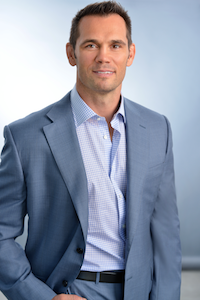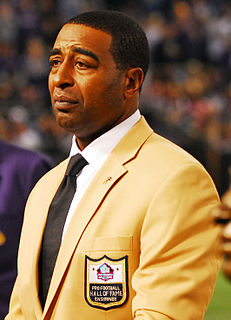A Quote by Melissa Leong
Mental health is not a novelty; it's part of who we are and we need to treat it as if it were a broken arm or any other kind of medical consideration.
Related Quotes
Too many Americans who struggle with mental health illnesses are suffering in silence rather than seeking help, and we need to see to it that men and women who would never hesitate to go see a doctor if they had a broken arm or came down with the flu, that they have that same attitude when it comes to their mental health.
One of the things we need to do is address mental health care as an integral part of primary care. People often aren't able to navigate a separate system, so you see successful models where a primary care physician is able to identify, diagnose, and concurrently help people get mental health treatment who have mental health issues.
I was just happy the fight was over, I knew my arm was broken in the fight. I definitely wasn't going to quit - I've broken bones before and continued fighting but there was a part of me wondering how I was going to.....what strategy I was going to use, to win this fight with a broken left arm in the second and third rounds
Since 1975, violence has been recognized as a public health problem, in large part to former Surgeon Generals Dr. Koop and Dr. Satcher's pioneering efforts to make the health approach a national priority. Since then, we've seen that violence can be curbed - and stopped - if we treat it as we would any other epidemic health concern.
There are whole states where people [with addiction or mental health issues] can't get to a doctor. If that were true of pancreatic cancer, if that were true of heart disease, if that were true of diabetes, we'd all understand that it made no sense at all. And yet we somehow approach mental health from a very different standard.

































